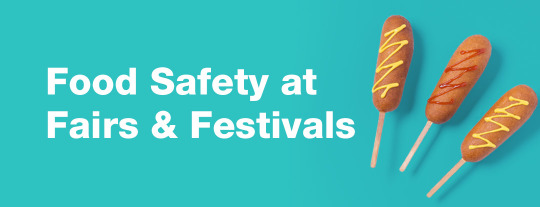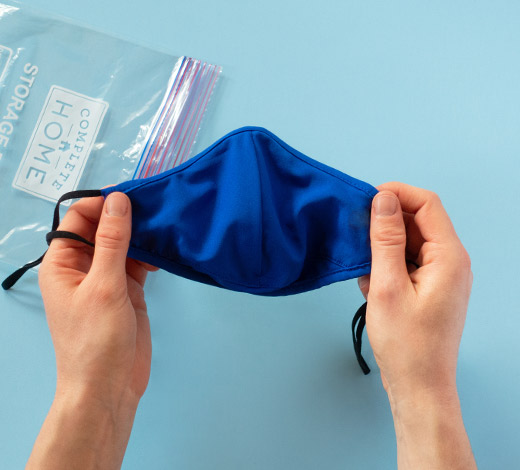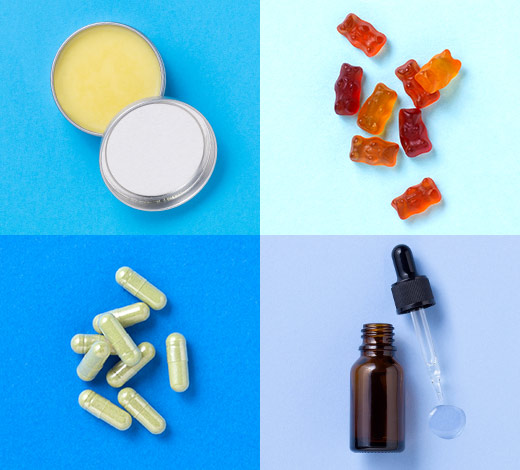
The safety controls of a kitchen (monitoring food temperatures, refrigeration, trained workers and working sinks to wash) aren’t always available in a food truck or booth.
So what can you do? Remember that food safety practices should be the same at fairs as they are at restaurants and at home, and ask yourself these questions compiled by the CDC before eating.
What you should consider before buying food from a vendor:
- Can you see if they have a clean/tidy workstation?
- Is there a sink for employees to wash their hands?
- Do the employees wear gloves or use tongs when handling food?
- Does the vendor have refrigeration on site for raw ingredients or pre-cooked foods?
- Has the vendor been inspected? Is a recent inspection report available?
• Requirements vary by state, but in general temporary and mobile vendors, like those at fairs and carnivals, should have a license to sell food and beverages in a particular state or county for a specific time period. You can check with the local health department to see if the vendors are licensed and if a food inspection has been completed.
Are there healthy food alternatives to consider at fairs and festivals?
When purchasing food from a vendor, look for healthy options first. This could include:
- Fruits, vegetables, whole grains, and fat-free or low-fat milk and milk products
- Lean meats, poultry, fish, beans, eggs, and nuts
- Foods low in saturated fats, trans fats, cholesterol, salt (sodium), and added sugar
If they are not available, consider bringing your own food to save money and calories. Bringing food from home allows you to eat a healthy meal or snack as a family, while still enjoying the festive atmosphere around you. Don’t forget to keep safe food storage practices in mind. Always remember to keep cold foods cold and hot foods hot.
What steps can you take to protect you and your family?
- Wash hands often.
- Find out where hand washing stations are located.
- Always wash your hands right after petting animals, touching the animal enclosure, and exiting animal areas – even if you did not touch an animal.
- Always wash hands after using the restroom, after playing a game or going on a ride, before eating and drinking, before preparing food or drinks, after changing diapers, and after removing soiled clothes or shoes.
- Bring hand sanitizers or disposable wipes in case there aren’t any places to wash your hands.
- Wash your hands with soap and clean running water for at least 20 seconds. This video can also help you learn how to wash your hands the right way.
Sources
Check Your Steps: Food Safety Basics from Foodsafety.gov
Basics for Handling Food Safely
Foodborne Illness Peaks in Summer – Why?
For additional food safety questions, visit the FSIS Virtual Representative, Ask Karen, or call the Meat and Poultry Hotline at 1-888-674-6854 (available in English and Spanish).


